"Hidden Brain Source Uncovered: Dementia's Secret Fuel Revealed"
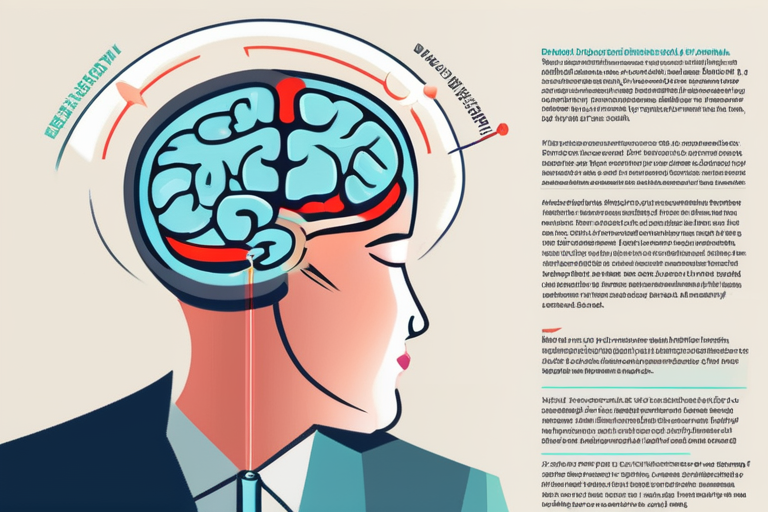
Multi-Source Journalism
This article synthesizes reporting from multiple credible news sources to provide comprehensive, balanced coverage.

Multi-Source Journalism
This article synthesizes reporting from multiple credible news sources to provide comprehensive, balanced coverage.
Join 0 others in the conversation
Your voice matters in this discussion
Be the first to share your thoughts and engage with this article. Your perspective matters!
Discover more articles
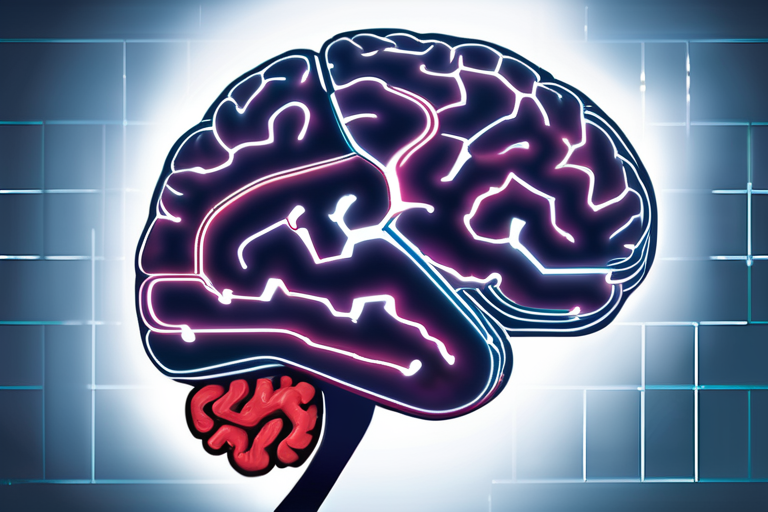
Purdue University researchers have made a groundbreaking discovery that challenges the long-held understanding of Alzheimer's disease. They found that excess fat in brain cells, not just protein plaques and tangles, may be a primary driver of the con
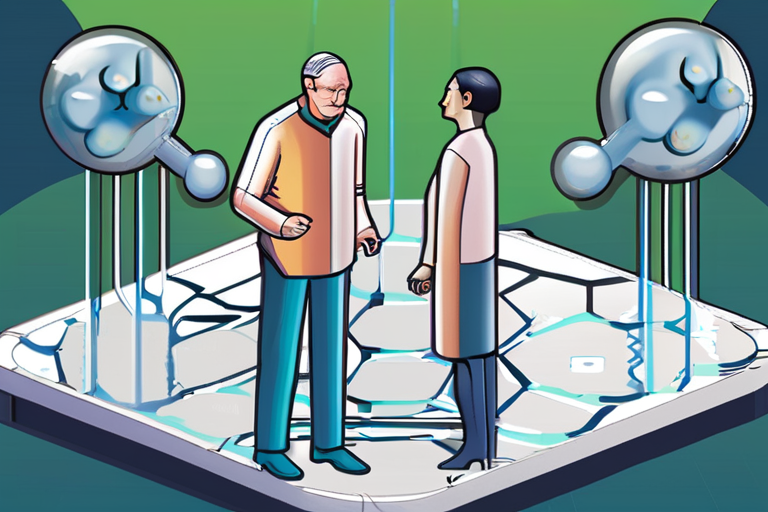
Scientists have made a groundbreaking discovery in the fight against Parkinson's disease, identifying a molecule that can prevent the misfolding and buildup of alpha-synuclein, a protein linked to the condition. Early lab and animal tests show promis

Researchers at Washington University School of Medicine have made a groundbreaking discovery that could potentially protect the brain from Alzheimer's damage. By altering the body's natural rhythm, specifically by turning off a circadian protein, the
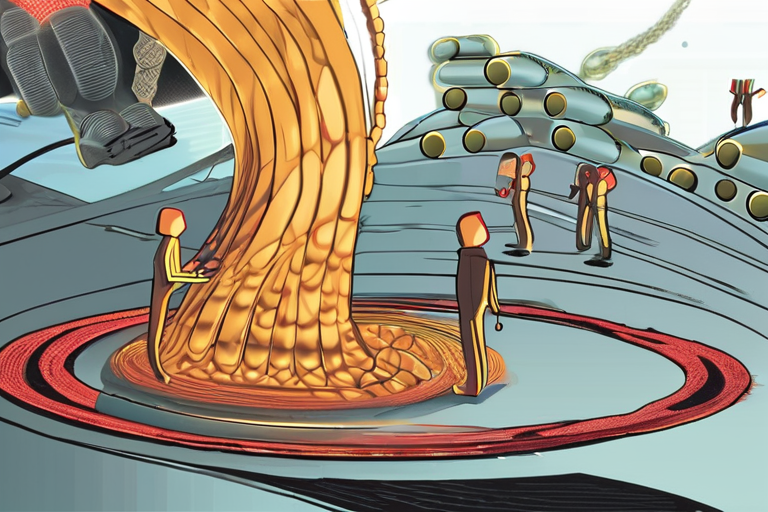
Scientists are racing to understand "death fold" proteins, which can cause cells to self-destruct within minutes, a process linked to diseases like Alzheimer's, cancer, and Huntington's. By studying these proteins, researchers aim to develop new trea
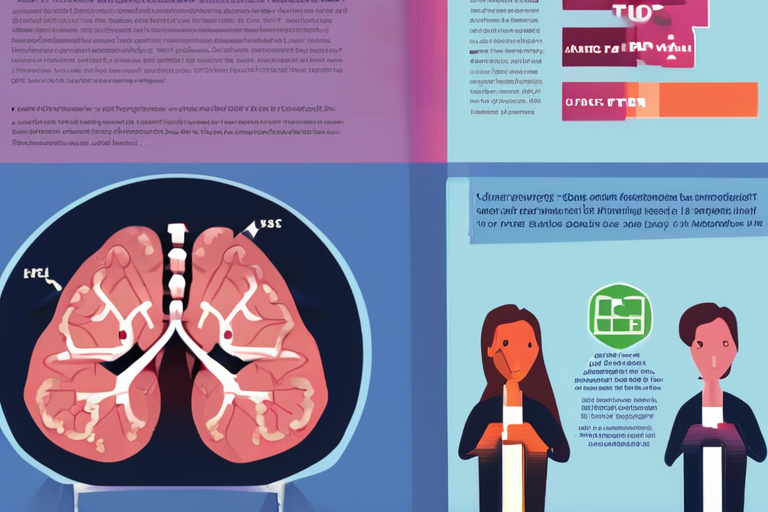
Researchers at the Medical University of South Carolina have made a groundbreaking discovery linking Alzheimer's disease and cancer: a toxic protein in Alzheimer's patients may actually boost the immune system's ability to fight cancer. By enhancing
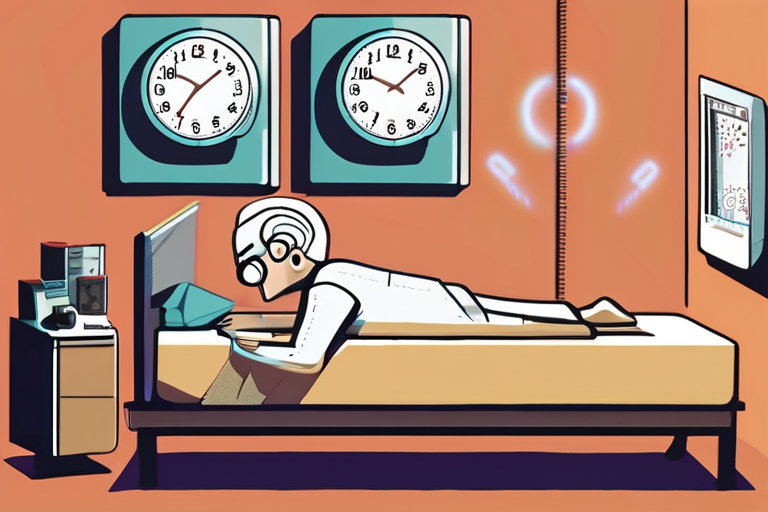
Researchers at Washington University have made a groundbreaking discovery linking Alzheimer's disease to a disrupted sleep-wake cycle, suggesting that the brain's internal clock may be hijacked by the disease. This disruption, triggered by amyloid bu

Researchers have made a groundbreaking discovery that intense mental exercise can reverse a brain change linked to aging, effectively turning back the clock by about 10 years. A 10-week study found that daily, 30-minute cognitive training sessions in
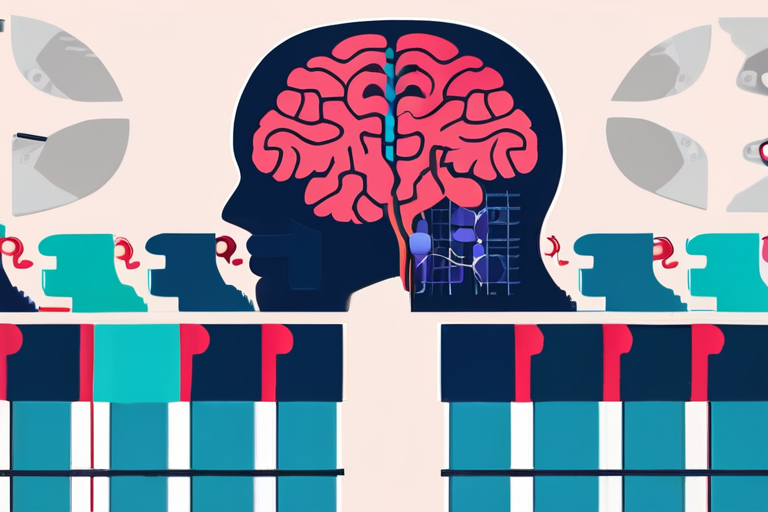
Scientists have developed a groundbreaking brain imaging technique that captures the subtle pulse of tiny blood vessels within the brain, which may serve as an early warning sign for Alzheimer's disease. This innovative method uses advanced MRI techn
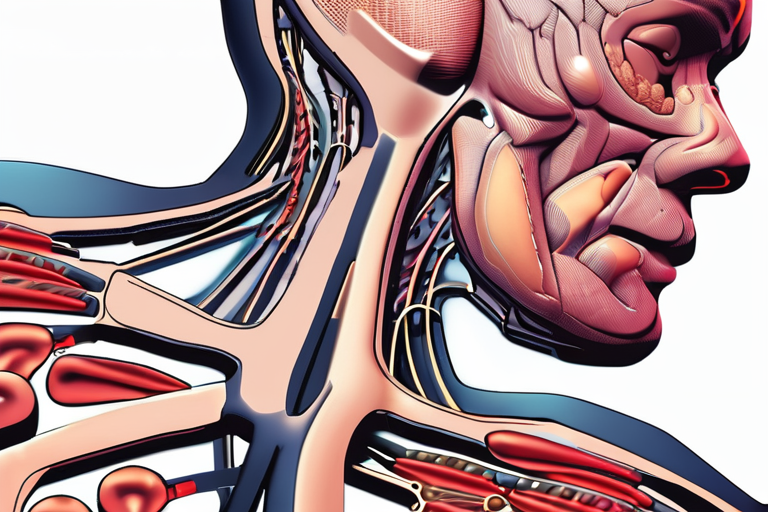
A correction has been made to a 2020 study published in Nature, which initially included a duplicate image in Extended Data Fig. 7. The image has been replaced with the correct DLB Case 1 image in both the HTML and PDF versions of the article. This c
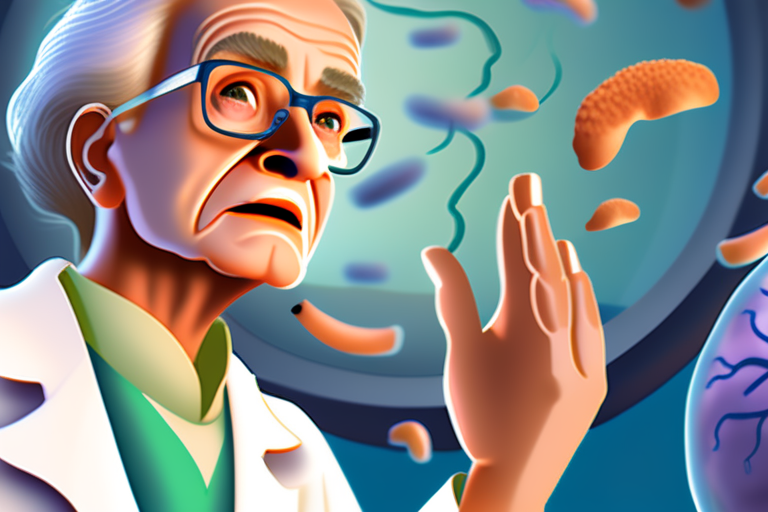
Researchers from Virginia Tech have received a grant to study why Alzheimer's disease initially targets the entorhinal cortex, a critical hub for memory and spatial navigation. By investigating the role of mitochondria overload and calcium signaling
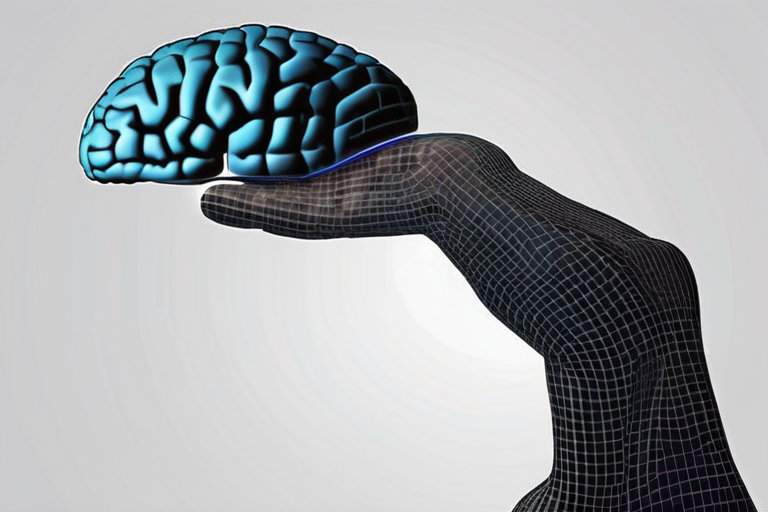
Researchers at USC have developed a groundbreaking imaging technique that detects the brain's previously unknown microscopic blood vessel pulses, which may serve as an early indicator of Alzheimer's disease. This discovery could revolutionize our und
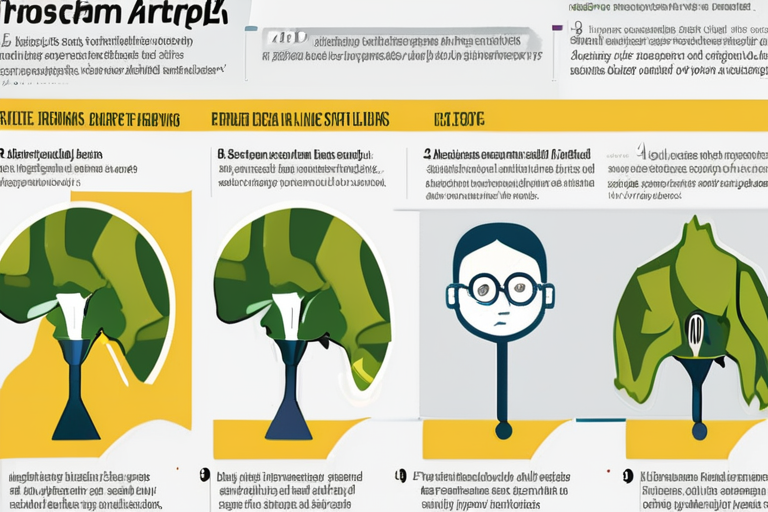
A correction has been made to a 2020 study published in Nature, which involved the use of cryoelectron microscopy to examine the structures of α-synuclein filaments in multiple system atrophy. The correction involves replacing a duplicate image in Ex
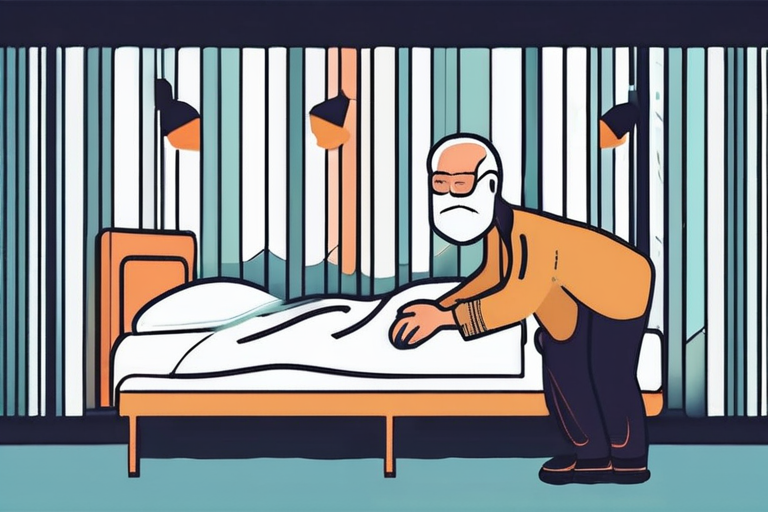
Researchers at Karolinska Institutet have discovered a strong link between poor sleep quality and accelerated brain aging, with individuals who sleep poorly more likely to have brains that appear years older than their actual age. This association ma
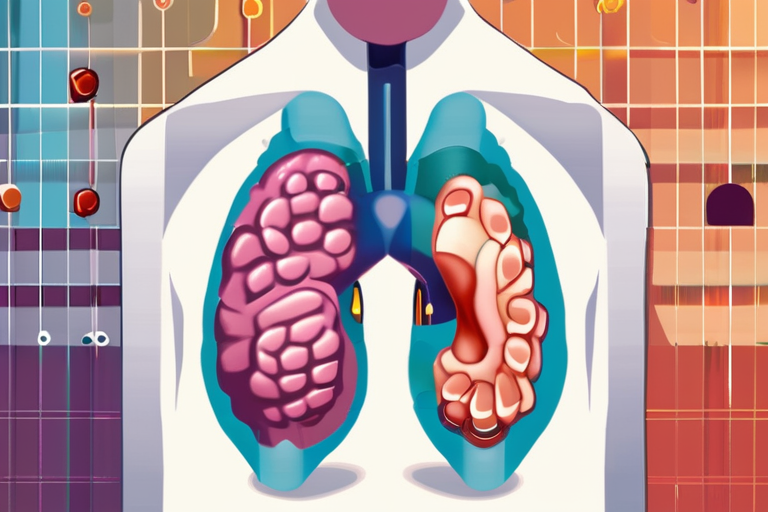
A groundbreaking genetic study spanning over a million participants in Denmark, England, and Finland has revealed a strong link between naturally lower cholesterol levels and a significantly reduced risk of dementia. The research suggests that high c

Scientists at the University of Missouri-Columbia have discovered that a high-fat keto diet may help protect and preserve brain health, particularly in women genetically predisposed to Alzheimer's disease. The study found that female mice with the AP
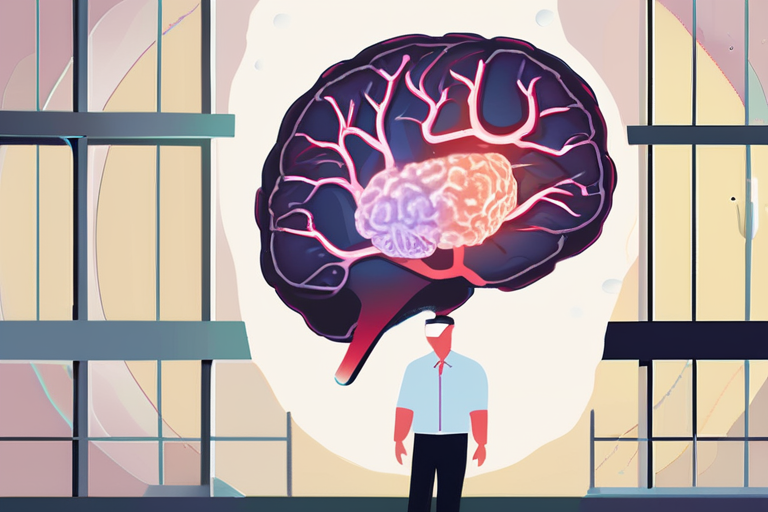
Scientists at Cedars-Sinai have made a groundbreaking discovery, creating young immune cells from human stem cells that can reverse cognitive decline and Alzheimer's symptoms in mice. According to multiple sources, this breakthrough has shown promisi
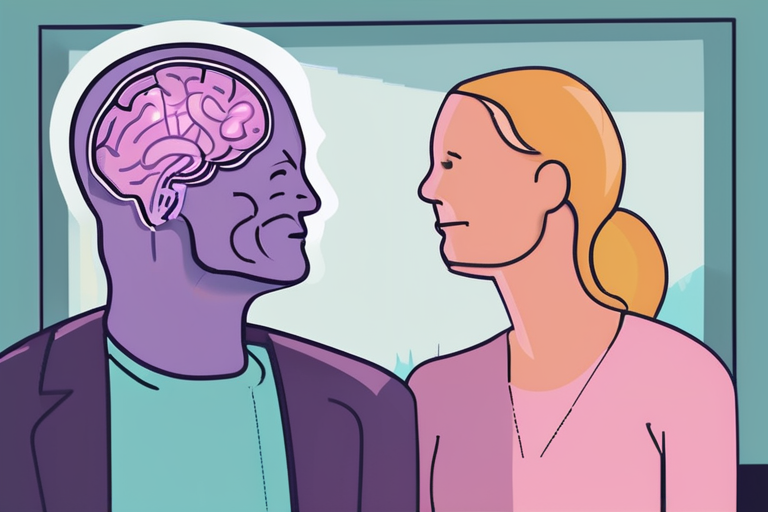
Breakthroughs in Alzheimer's research offer new hope for patients and their families, with over 100 ongoing trials targeting various underlying mechanisms of the disease. The first therapies to specifically target amyloid plaques have been approved b

A groundbreaking genetic study has discovered a significant link between naturally lower cholesterol levels and a reduced risk of dementia, with certain genetic profiles showing an up to 80% lower risk of developing the condition. Researchers believe
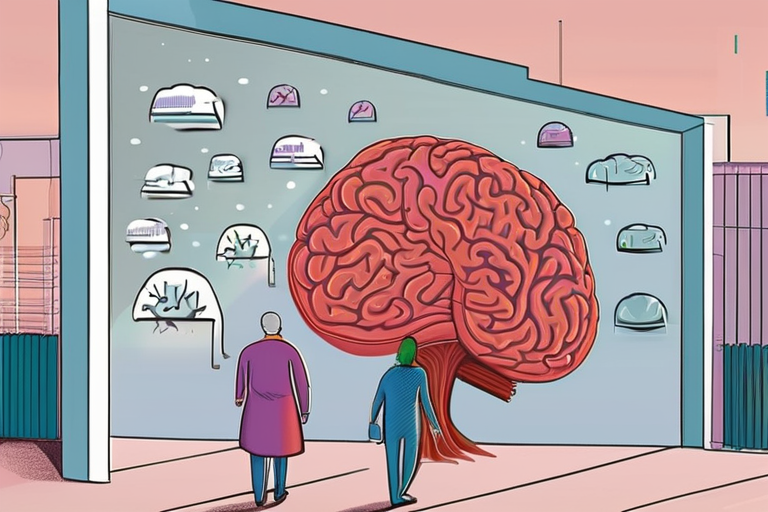
Breakthroughs in Alzheimer's research offer new hope for patients and their families, with over 100 ongoing trials targeting various underlying mechanisms of the disease. The first therapies specifically designed to break up amyloid plaques have been
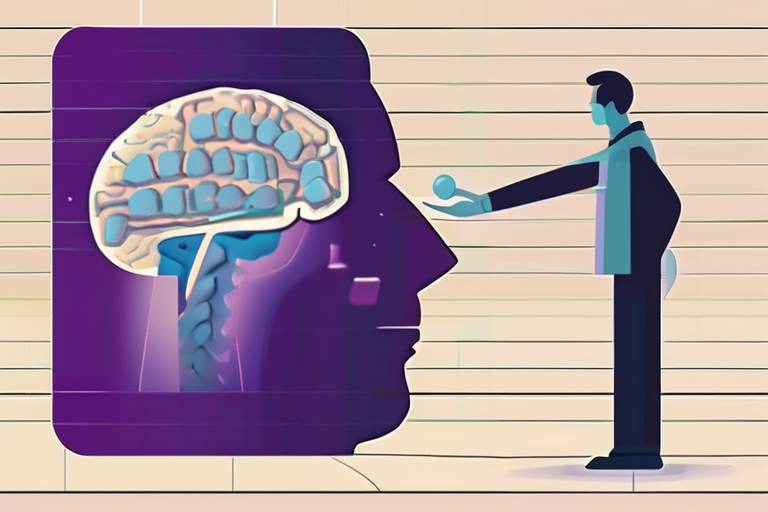
Researchers have re-examined the Alzheimer's drug valiltramiprosate, or ALZ-801, and found promising results in a subgroup of patients with mild cognitive impairment, with the medication slowing cognitive decline by 52% in this high-risk population.
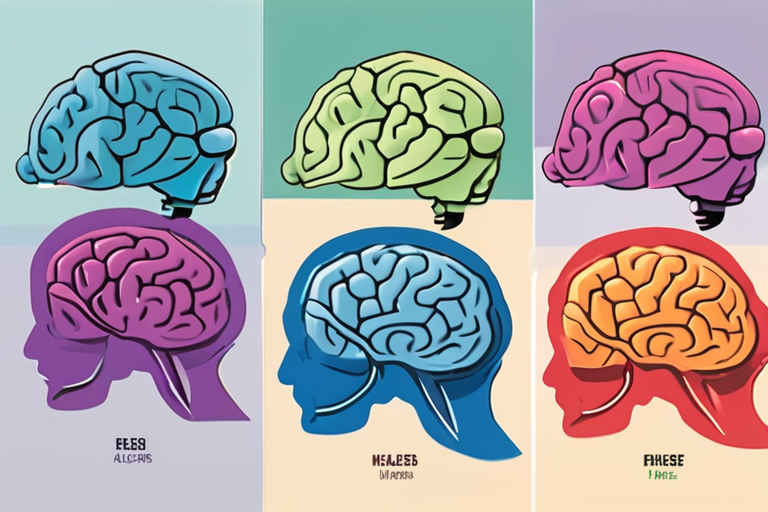
Scientists have developed a groundbreaking imaging technique that detects the brain's previously unknown microscopic blood vessel pulses, which may serve as an early warning sign for Alzheimer's disease. Using advanced MRI technology, researchers fou
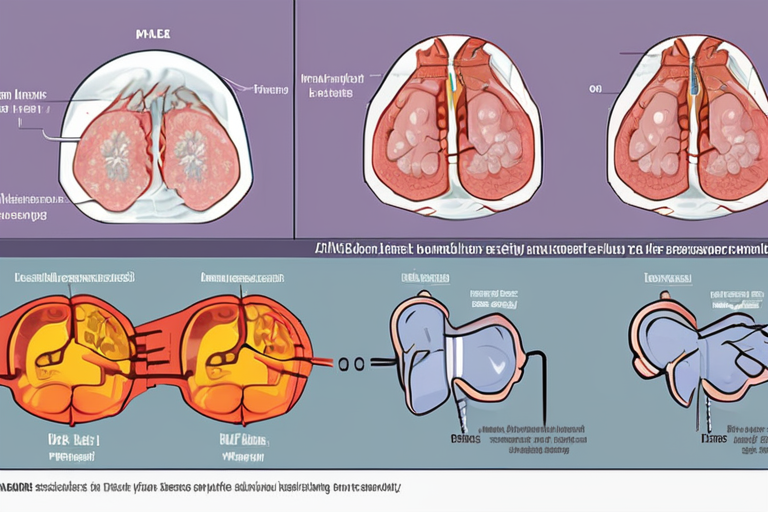
Scientists from Spain and China have made a groundbreaking discovery in Alzheimer's research, successfully repairing the blood-brain barrier in mice with genes that mimic the disease. This breakthrough enabled the brain to naturally clear amyloid-bet

Researchers at Johns Hopkins Medicine have discovered tiny nanotube channels within brain cells that play a crucial role in transferring toxic molecules, including amyloid-beta proteins linked to Alzheimer's disease. The study found that an overabund
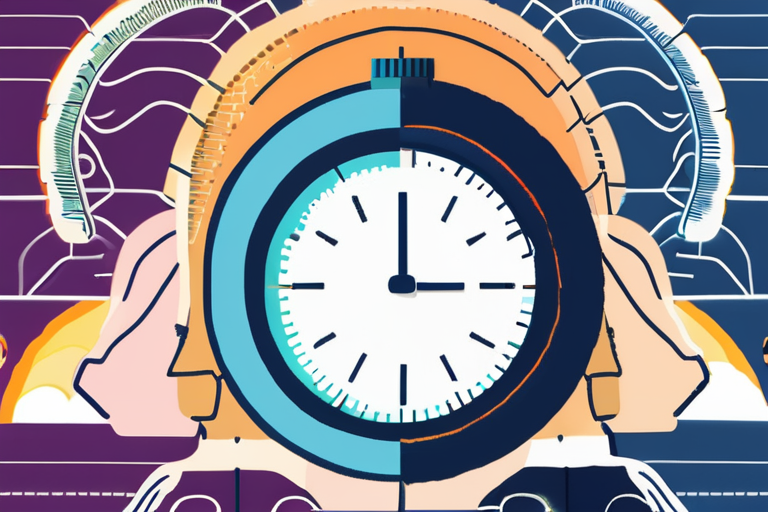
Researchers at Washington University School of Medicine have made a groundbreaking discovery that altering the body's natural rhythm may protect the brain from Alzheimer's damage. By disrupting communication between the body's internal clock and the
Share & Engage Share
Share this article